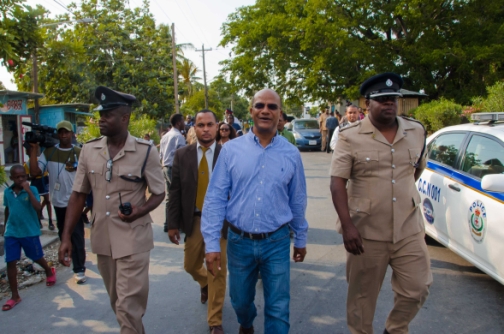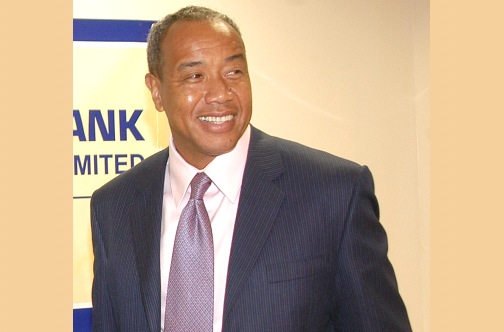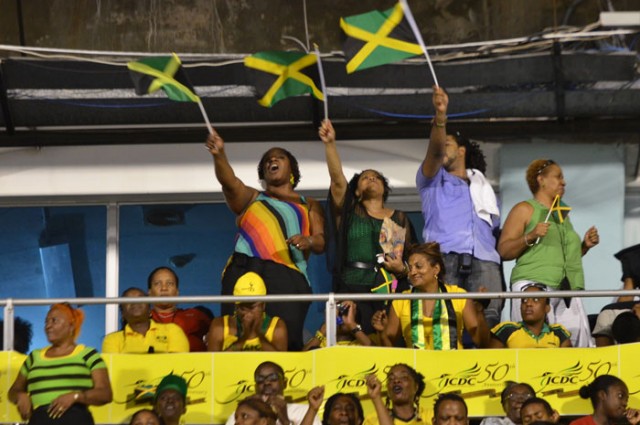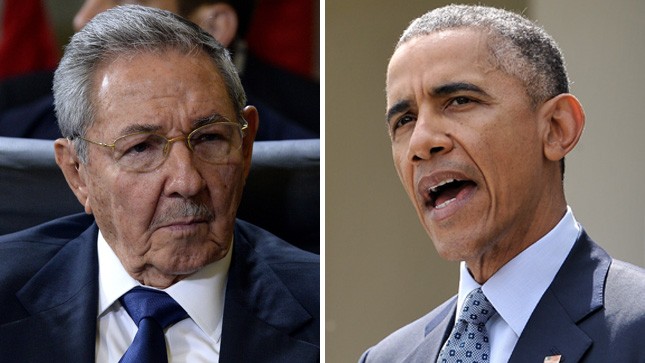Some Jamaica police walk off job in wage dispute with gov’t; more military join patrols
By David McFadden
THE ASSOCIATED PRESS
KINGSTON, Jamaica _ A number of rank-and-file police officers in Jamaica walked off the job in a wage dispute with the government, prompting the increased use of military personnel in crime-fighting patrols on Tuesday.
National Security Minister Peter Bunting blasted the police union protest, saying it “exposes the public to unnecessary risk” and may damage the image of the roughly 11,000-member Jamaica Constabulary Force.
“This behaviour is not appropriate for an essential service,” Bunting said Tuesday in the Caribbean country of 2.7 million people that has long had one of the world’s highest crime rates.
It was not immediately clear what percentage of rank-and-file officers joined the sick-out. Sgt. Raymond Wilson, chairman of the island’s police federation, did not return repeated calls.
Bunting appealed to union leaders to return to the bargaining table. He said the finance ministry has proposed a 6.5 per cent wage increase during the first year of a possible agreement and a 5.5 per cent increase during the second year.
The police union has been trying to win higher wages, but it was not immediately clear how their proposals differ from what the government is offering. Last year, the union said a constable at the lowest level makes less than $3 per hour, just over the minimum amount paid to security guards.
The job action brought to the surface the hard feelings that have accumulated as unionized public sector workers have failed to reach new contracts. On Monday, some members of Jamaica‘s teachers’ association dressed in black and picketed for better pay in downtown Kingston.
Jamaica is in the third year of a four-year $930 million loan package with the International Monetary Fund and it has passed consecutive tests without shortfalls, drawing high praise from IMF managing director Christine Lagarde.
But numerous Jamaicans have seen their wages frozen while the cost of food and other essentials has increased on the island with an economy that has sputtered for decades. The Jamaican dollar has also devalued significantly, deepening hardships for many families.
Earlier this year, the Washington-based Center for Economic and Policy Research issued a report saying that Jamaica was running “the most austere budget in the world” amid the IMF program, high debt and low growth.
www.jamaicaobserver.com





